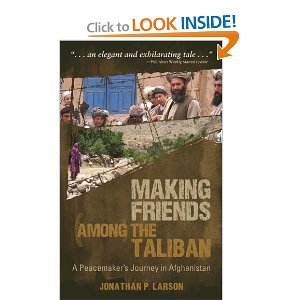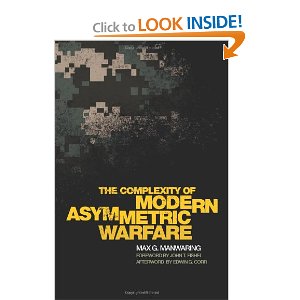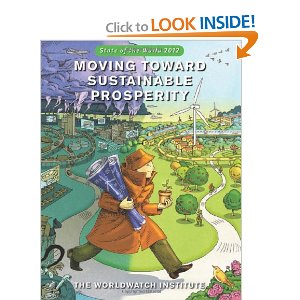
Jonathan P. Larson
5.0 out of 5 stars 6 Star Eye Opener, Should be Mandatory Reading for War Colleges, Diplomats, and White SOF,November 9, 2012
I received this book as a gift. It is a bracing book and although short, at 130 pages, it merits slow and deliberate consideration. I got goose-bumps at multiple points and put the book down reflecting on how sad it is that our foreign policy and our military occupations are not better informed about the information peacekeeping (a term I coined in the 1990's) possibilities of low-cost humans who speak the language and understand the nuances of conflict at the individual level.
This book is in every possible way, the absolute counterpart, contrast, and nay-sayer to the CIA-managed drone program that kills indiscriminately, at great expense, from which we will reap a continuing harvest of hatred, fear, and enduring mistrust.
Although I have read other books, and list them with Amazon links below, that offer similar insights, this is a first-person story with specifics that I consider so provocative and so valuable that I recommend it as assigned reading for every Special Operations A Team member, for every Special Operations schoolhouse, for every War College where we fail to teach White SOF as an alternative, and for every diplomat and international development employee, both at entry level and mid-career. I would go so far as to suggest that a week could usefully be spent by every conference group and foreign affairs class, on this book and the others listed below.







